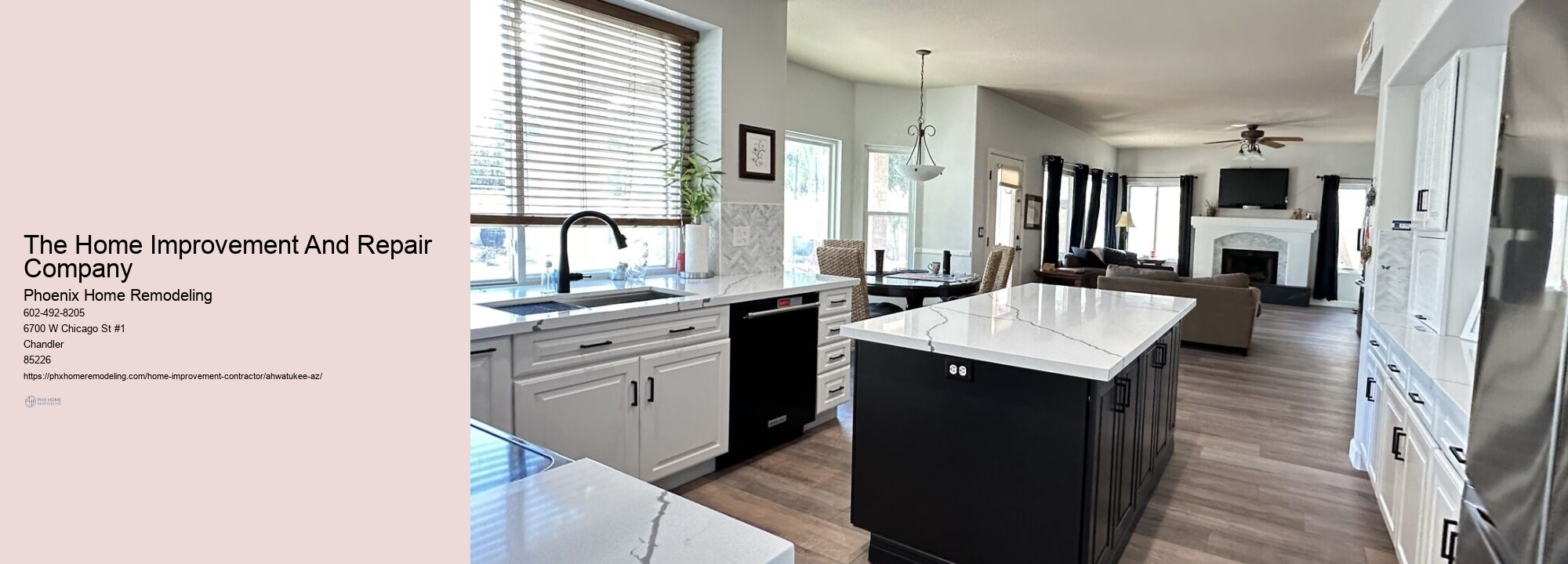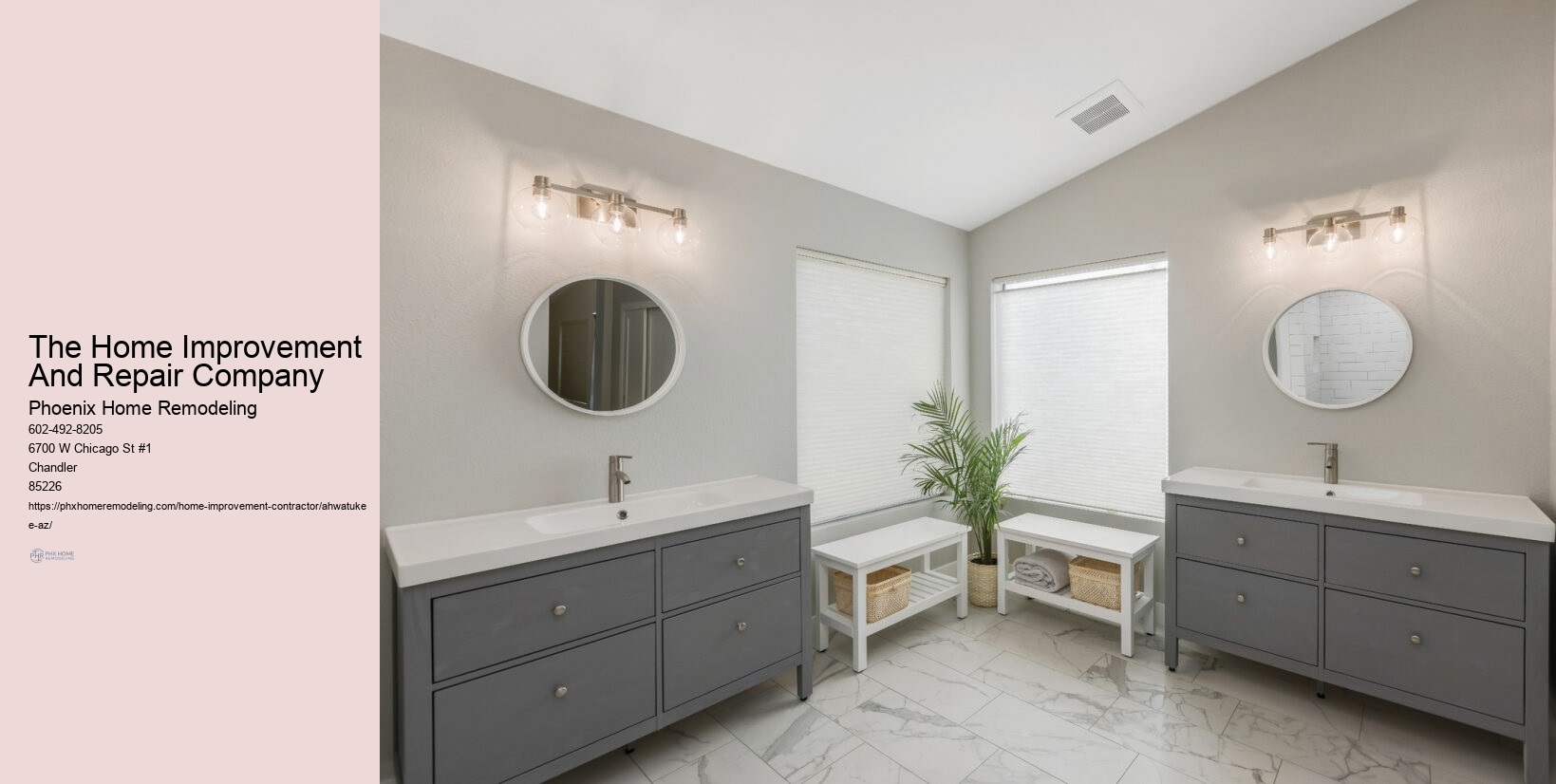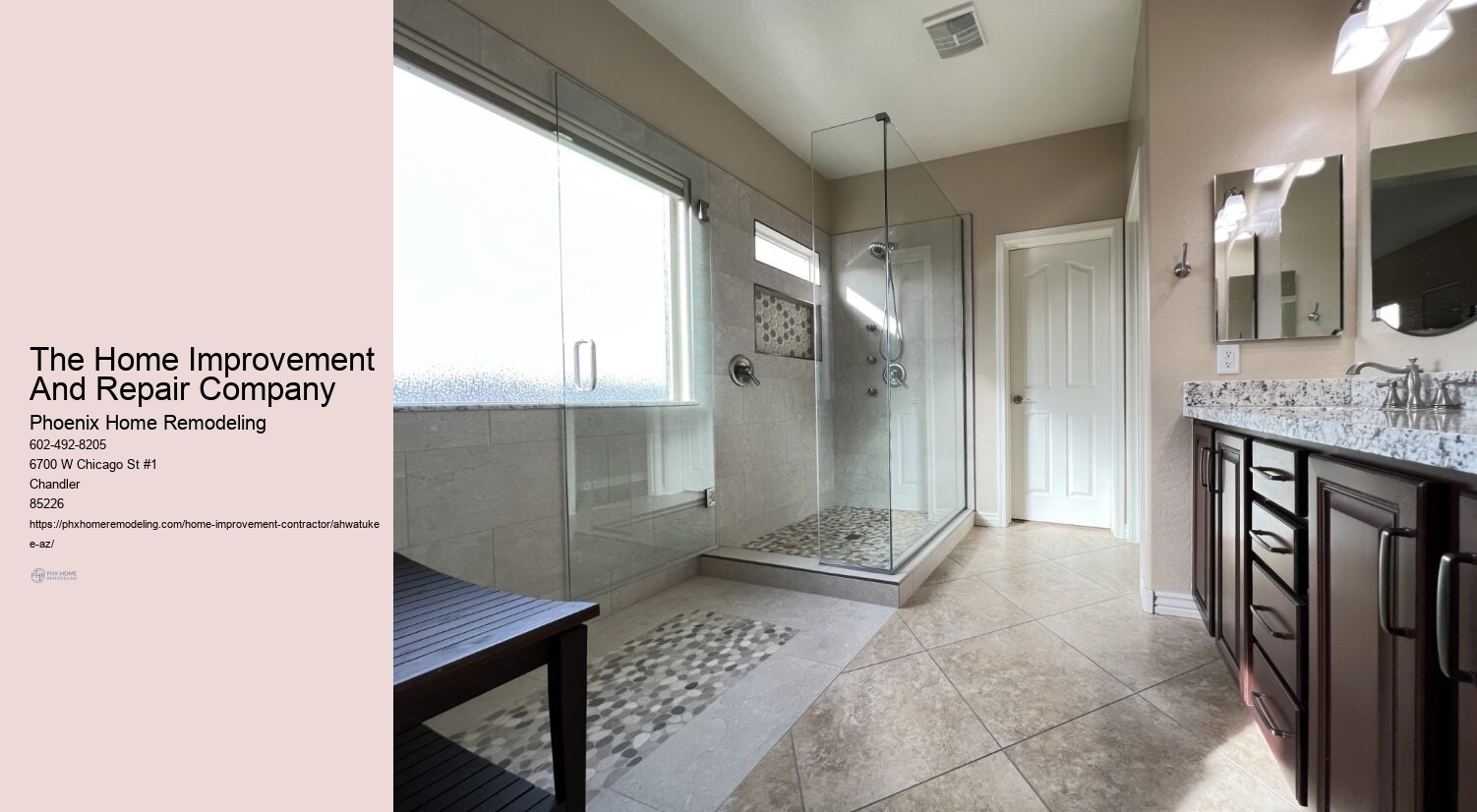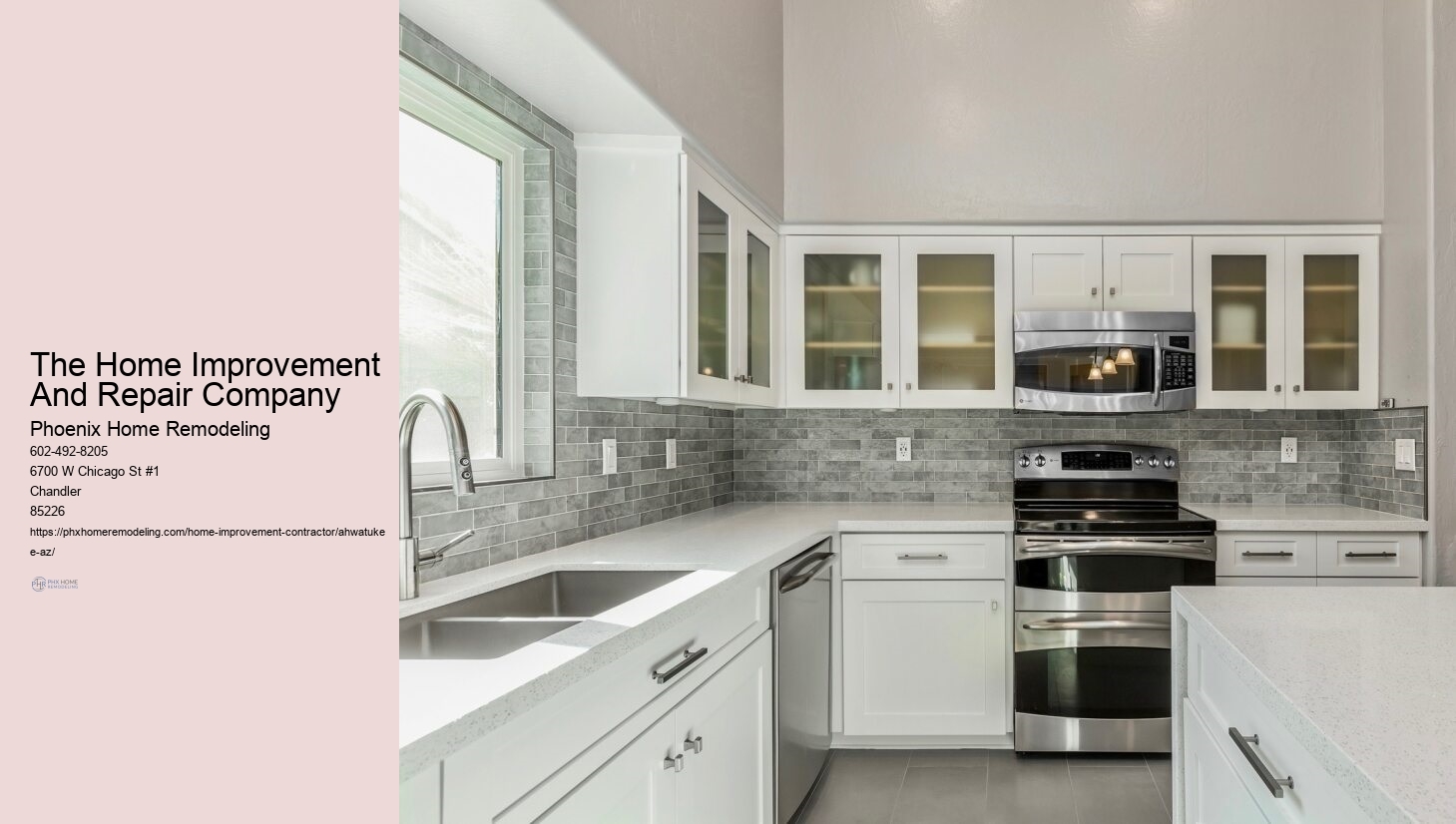




In technical terms, a renovation primarily involves restoring something old to good repair, such as fixing a creaky floor, whereas a remodel entails changing the form of something, like adding a new shower to an existing bathroom.
Home renovation projects are typically significant endeavors that often exceed both the anticipated timeframe and budget, so it's advisable to allocate 20 to 30 percent of the total project cost for unexpected expenses, which can amount to an additional 30 percent on top of the original cost estimate, according to Rasekh.
When budget constraints are a concern, a major house remodel, although still costly, generally represents a more economical choice compared to a complete house rebuild, as the tear-down and rebuild approach is an all-or-nothing commitment, with the initial demolition purchase leading to a vacant lot and an obligation to construct a new home.
Old houses, often available at lower prices, present an opportunity for cost savings, especially if you're willing to take on renovations yourself, potentially resulting in substantial long-term savings and a valuable investment.
"Home improvement" encompasses not only structural alterations to existing homes but also enhancements to outdoor areas like lawns, gardens, and structures such as gazebos and garages, along with maintenance, repairs, and general servicing tasks.